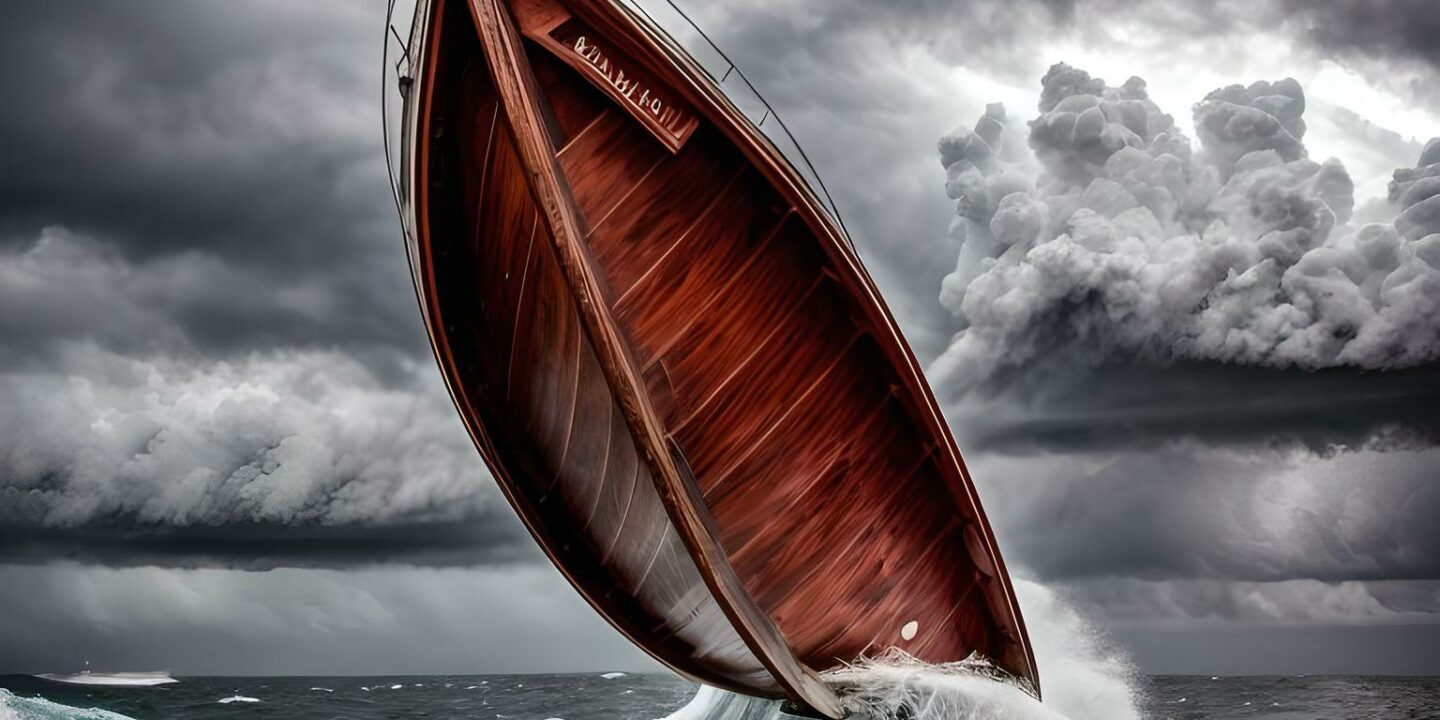Setting Sail Safely: The 10 Essential Items for Your Sea Adventure
The allure of the open sea, with its vast horizons and the promise of adventure, has captivated many of us. But as any seasoned mariner will tell you, the sea, while beautiful, can be unpredictable. Preparation is the key to ensuring that your maritime escapades are not just enjoyable but safe as well. Here’s a comprehensive guide to the ten must-have safety items for any boating trip on the sea.
1. Life Jackets: Your First Line of Defense
Imagine this: a sudden gust of wind, a momentary lapse in balance, and someone’s overboard. It’s in these unexpected moments that a life jacket becomes invaluable. Ensure that every person on board has a life jacket tailored to their size. More importantly, make it a rule to wear them, especially when the waters get choppy. Remember, a life jacket stored away isn’t saving anyone.
2. VHF Marine Radio: Your Lifeline to the Outside World
In the vast expanse of the sea, communication is crucial. A VHF marine radio isn’t just a gadget; it’s your lifeline. Whether you’re alerting nearby vessels, communicating with the coast guard, or calling for a rescue service, this device ensures you’re heard. Regularly check its batteries and familiarize yourself with the essential channels.
3. First Aid Kit: Be Ready for the Unexpected
From minor cuts and bruises to more severe injuries, having a well-stocked first aid kit is essential. Ensure it contains bandages, antiseptics, pain relievers, and seasickness remedies. Personalize it based on the needs of your crew. And remember, it’s not enough to have it; knowing basic first aid can make all the difference.
4. Flares and Signaling Devices: Shine Bright in the Darkest Hour
When things go south, being visible can be a lifesaver. Flares, especially for nighttime or foggy conditions, can alert rescuers or other vessels to your location. Pair these with sound-producing devices like horns or whistles, and you’ve got a comprehensive signaling kit.
5. Navigation Essentials: Charting the Course
The romance of the unknown doesn’t apply when you’re lost at sea. Modern GPS systems are fantastic, but relying solely on electronics can be risky. Traditional navigation tools like charts, compasses, and even a sextant can be invaluable backups. Familiarize yourself with their use; old-school navigation can be both fun and rewarding.
